Homeowners
Sitting, Not Selling: The Real Cost of Overpricing Your Home
January 22, 2025
When you sell your home, it can be tempting to put a high price on the property. This is an emotional process, you may have heard it’s a seller’s market, and your neighbor’s home sold for even more (even if it had an extra bedroom and a newly remodeled kitchen.)
However, going too high can have big financial consequences. The pandemic homebuying frenzy, when sellers could name their price and homes would often sell before the ‘For Sale’ sign was planted in the yard, is over.
In today's housing market, overpricing your home can lead to it sitting on the market for longer. This can cost you time, money, and potentially even peace of mind.
In November, more than half of the homes for sale, 54.5%, sat on the market for at least 60 days without finding a buyer, according to a recent report from Redfin.
"Once the days on market start to climb, the general question out there will become 'what's wrong with it?'” said Wayne Curtis, a Baltimore-based real estate agent with Sotheby's Realty. “That is not something [sellers] want attached to their property.”
Active listings reached their highest level since 2020 this past November, rising 12.1% year-over-year, according to Redfin. That’s giving buyers more choices and power to pass on properties they deem overpriced.
Meanwhile, an attractively priced home in good condition often attracts more interest. This can lead to a bidding war, resulting in the home selling for more than the asking price.
"Even with limited inventory, buyers are savvy. They're not going to jump on an overpriced home just because options are scarce," said Pete Evering from Utopia Management, a property management company based in San Diego. “Instead, they’ll compare it to similar properties, spot the mismatch, and move on.”
The myth of "room to negotiate" when selling your home

Overpricing your home might seem like a clever way to "leave room to negotiate," but it often backfires.
Rather than starting a negotiation, many buyers will move on to better-priced alternatives. This hesitance is reflected in the numbers: the typical home that went under contract in November did so in 43 days, the slowest pace for that month since 2019, according to Redfin.
The longer your home sits unsold, the more red flags it raises. Buyers may wonder what’s wrong with the property. This can make them more hesitant to make an offer, even if you later drop the price."
Sellers who initially overvalue their homes may eventually agree to a price reduction after little market interest. But by then the property's appeal has diminished.
"Selling a property like that often takes longer than it should, and they get less for it than if they had agreed to a more realistic price at the beginning,” said Curtis.
The ripple effect of overpricing your home
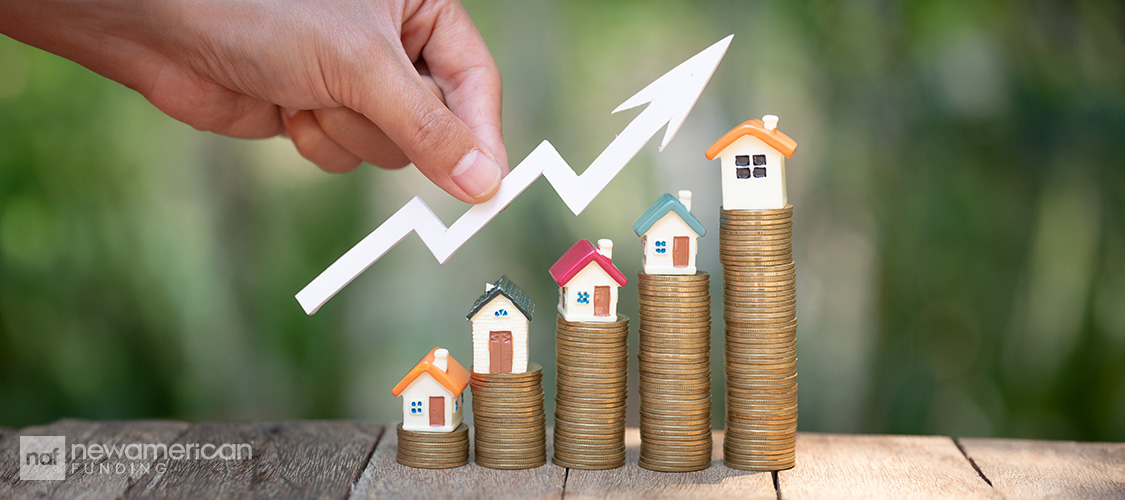
Overpricing doesn't just affect your home's time on the market. It may also impact your broader financial goals.
In some cases, sellers justify a higher asking price based on emotional attachment or past investments. However, buyers generally won’t pay for sentiment.
Instead, buyers are typically guided by local market conditions and the recent sale prices of similar homes. Sellers need to understand that their home is competing against all the other listings in their area.
"Homes priced right often generate more interest and even bidding wars, pushing the final price higher," said Evering. "It's much better to start at the right price and create momentum than to overprice and end up chasing the market down."
How to price your home smartly
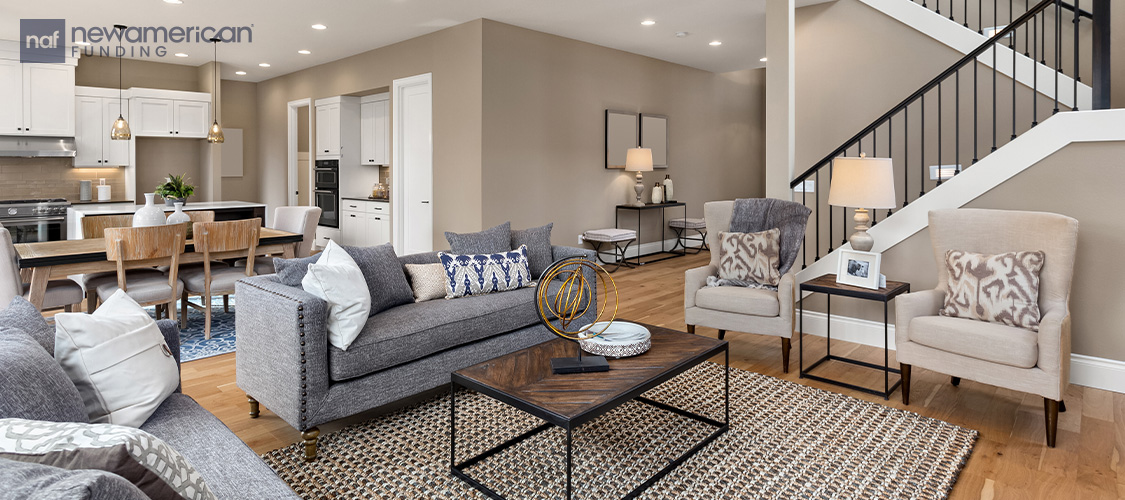
The key to avoiding the pitfalls of overpricing is to base your list price on hard data. It may be helpful to work with a real estate agent who understands the local market and can provide a comparative market analysis.
"If you've hired a professional, trust their advice on pricing, repairs, staging, and other recommendations,” said Curtis. “Their expertise is what you're paying for, and it's likely to lead to a better outcome."
It's also crucial to stay flexible. Some agents recommend re-evaluating your pricing strategy if you don't see interest within the first week.
Adjustments made early can prevent your home from becoming a stale listing.
Beyond pricing: Other reasons your home may not sell quickly
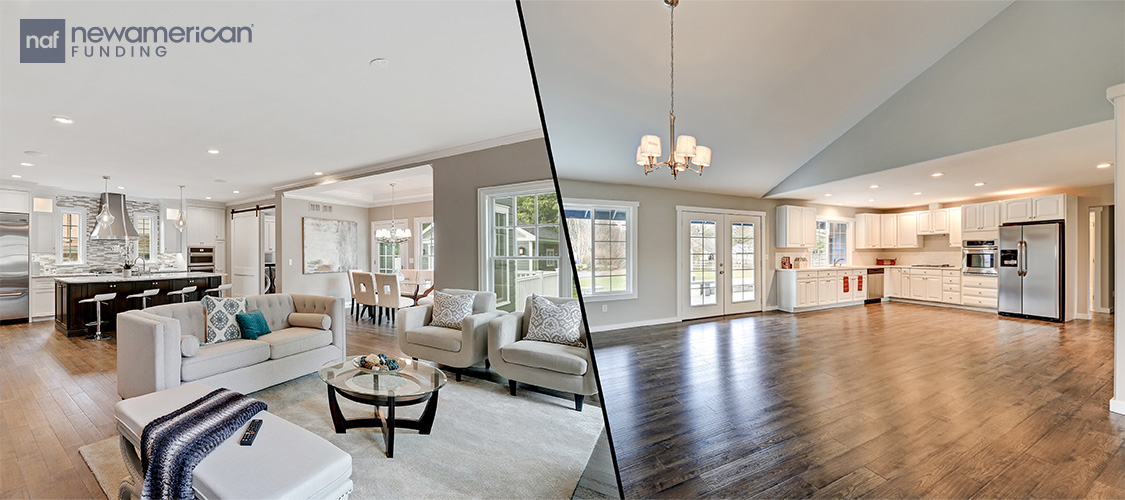
While price is a major factor, it's not the only reason homes sit unsold. Location, condition, and staging all play a role.
Homes that are dated, have undesirable layouts, or are in need of repairs as well as those in less popular locations may require additional effort to appeal to buyers.
This could mean sellers add a fresh coat of paint, make improvements to the property, or plant some flowers out front to increase curb appeal.
Sellers may also want to have the home staged with new furniture to make it as appealing as possible.
"Staging can help vacant properties feel more inviting, while minor updates can make a big difference in how buyers perceive value,” said Curtis.




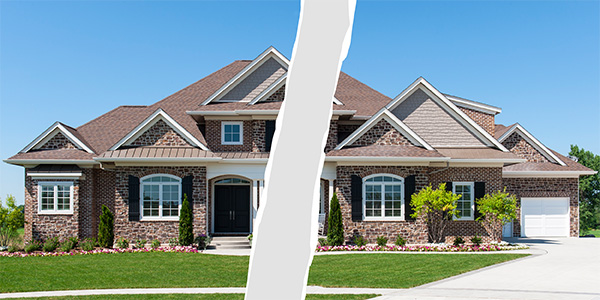
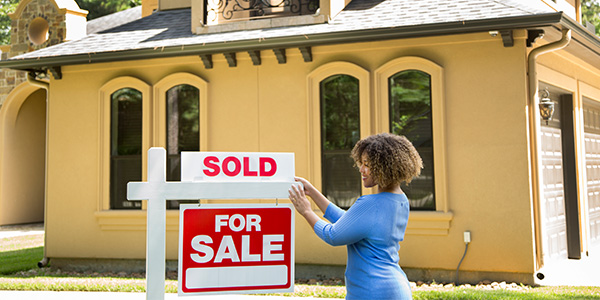
 Smart Moves Start Here.
Smart Moves Start Here.